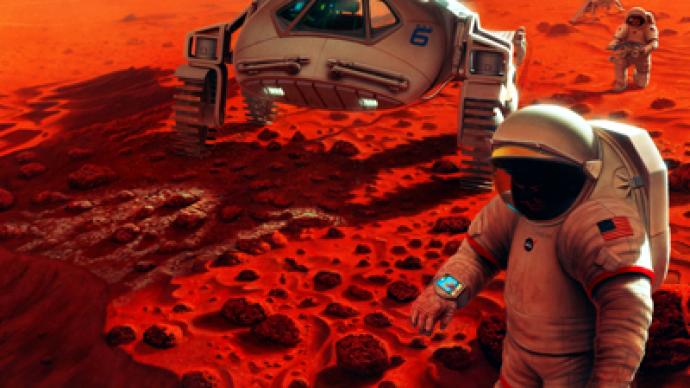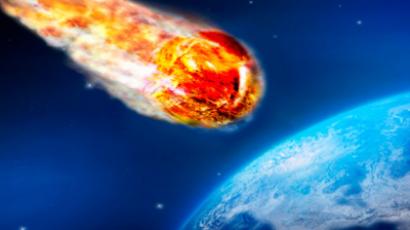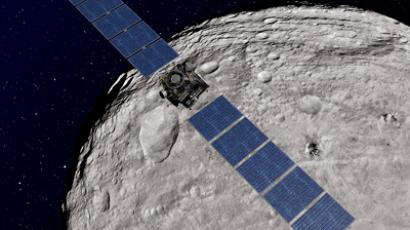Billionaire space entrepreneur wants vegetarian-only colony on Mars

A US billionaire and co-founder of PayPal, Elon Musk, has made plans to build a settlement for 80,000 people on Mars when technology makes it possible for man to live there – as long as the inhabitants are vegetarians.
Musk is a considered one of America’s most respected private space entrepreneurs and was in charge of creating SpaceX, a space transport company that produced the Falcon 9 rocket that delivers NASA cargo to the International Space Station.
Musk, who is worth about $2 billion, revealed his tactics in a speech at the Royal Aeronautical Society. He was in attendance in order to be presented with a gold medal for his contribution to space exploration in November.
While the idea of a city on Mars may seem far-fetched, scientists predict human settlements on the red planet and elsewhere in space could occur in the near future, possibly within ten years. Eric Anderson, a leading entrepreneur in the industry and chairman of Space Adventures, told RT that technology has almost reached the level where tourists can be sent to space.
“I have absolutely no doubt in my mind that there will be a space hotel within the next ten years, in orbit around the Earth,” he said in October.
Musk plans to take it a few steps further by building a city for 80,000 space explorers. The new city would use sustainable technology and send people to space on a rocket powered by liquid oxygen and methane. The billionaire’s estate and prominence in the space industry could make his plans feasible, but the California-based engineer has not left behind his personal ideologies: Musk will only allow vegetarians to live in his settlement.
At a cost of $500,000, vegetarians could choose to travel to the faraway settlement, although Musk did not clarify whether payments could be made using PayPal.
“The ticket price needs to be low enough that most people in advanced countries, in their mid-forties or something like that, could put together enough money to make the trip,” Musk said.
While 80,000 residents may seem like a large number of people to send to Mars, Musk explained that reducing the size would cause the gene and culture pool to be too small, while the risk for civil war would be too high.
“On Mars you can start a self-sustaining civilization and grow it into something really big,” Musk said.
But an undertaking of that magnitude would not eliminate the dangers: space exploration comes with the threat of deep-space radiation, bone-rot and toxic dusk, which space visitors and those constructing the settlement would have to risk acquiring. Still, Musk believes his goal is within a near reach.
And Anderson concurs: the space entrepreneur believes the commercial enterprise will far surpass the works of government-funded agencies like NASA and rapidly bring settlements to other planets.
“With my work, and many others working in the private section, the mission is coming closer to reality,” Musk said.














